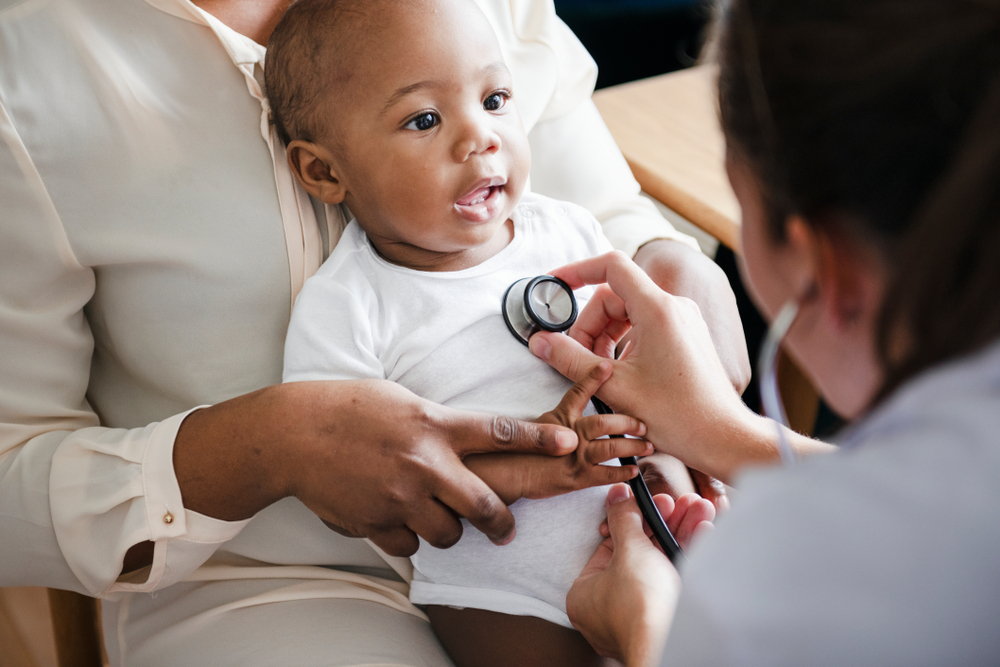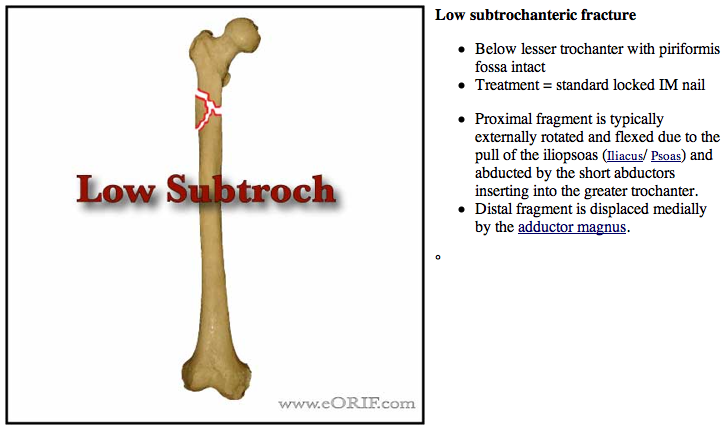A pediatrician is a specialized medical professional who focuses on the health and well-being of children, from birth to adolescence. They provide essential medical care and advice to parents regarding the physical, mental, and emotional development of their children.
When you visit a pediatrician, they will assess your child’s growth and development by measuring their height, weight, and head circumference. They will also perform routine screenings to assess their vision, hearing, and overall health. Pediatricians are trained to identify any potential developmental delays or health concerns and provide appropriate interventions or referrals.
In addition to conducting physical examinations, pediatricians administer vaccinations to protect children against diseases such as measles, polio, and whooping cough. They educate parents about the importance of immunizations and help them understand the risks and benefits. Pediatricians also discuss nutrition and diet with parents, emphasizing the importance of balanced meals and proper hydration for optimal growth and development.
Pediatricians are knowledgeable about common childhood illnesses and provide accurate diagnoses and treatments. They prescribe medications, offer guidance on managing symptoms, and recommend over-the-counter remedies when necessary. They also educate parents on effective home care practices for minor illnesses and injuries.
One crucial aspect of a pediatrician’s role is promoting preventive care. They stress the importance of regular check-ups and screenings to detect any hidden health issues. Pediatricians provide guidance on maintaining good hygiene, oral health, and the importance of exercise and physical activity.
Furthermore, pediatricians play a vital role in addressing the mental and emotional well-being of children. They offer guidance to parents on behavior management, socialization skills, and emotional support for their children. In cases of suspected developmental disorders or mental health concerns, pediatricians may refer families to specialists or provide appropriate interventions.
In summary, a pediatrician is a medical professional who specializes in the health and well-being of children. They offer a range of services, including regular check-ups, immunizations, diagnosis, treatment, and preventive care. Their role goes beyond medical care as they also educate parents about various aspects of child health and development, aiming to ensure that children grow up healthy, happy, and thriving.
What exactly does a pediatrician do?
A pediatrician is a medical doctor (MD) who treats children. They provide: Preventive health maintenance and ongoing monitoring for healthy children. Medical care for children who are acutely or chronically ill.
Is A pediatrician the same as a doctor?
While both types of doctors are fully equipped to care for and treat patients, pediatricians specialize in children and have more in-depth knowledge about the growth, development, and behavior of small kids. On the other hand, family doctors are equipped to care for a patient throughout their entire adult life.

What are the responsibilities of a pediatrician?
The duties and responsibilities of a Pediatrician include conducting thorough examinations, diagnosing illnesses, prescribing medications, administering vaccines, treating injuries, advising parents on child health, maintaining medical records, and staying updated with advancements in pediatrics.
Why is a pediatrician called that?
The term “pediatrics” is derived from the two Greek words, pais meaning child and iatros meaning doctor and healer. As such it is intended to mean the healer of children.

What are the side effects of acupuncture?
– pain where the needles puncture the skin.
– bleeding or bruising where the needles puncture the skin.
– drowsiness.
– feeling sick.
– feeling dizzy or faint.
Are there negative side effects of acupuncture?
The most common adverse reactions are pain (144 SRs), bleeding/bruising (120 SRs), dizziness (86 SRs), haematoma (70 SRs), digestive system symptoms (46 SRs). Notably, only a few included studies reported adverse effects due to acupuncture therapists.
Is the American College of Traditional Chinese Medicine closing?
Due to the recent announcement that CIIS’ Board of Trustees has made the difficult decision to close ACTCMACTCMOur Mission: ACTCM will provide exemplary professional education and quality patient care in acupuncture and Chinese medicine. Founded in 1980 in San Francisco, the American College of Traditional Chinese Medicine (ACTCM) is one of the oldest and most prestigious eastern medicine schools in the United States.https://www.actcm.edu › about-usAbout the American College of Traditional Chinese Medicine, we regret that we will no longer be accepting new students.

What is the theory of auricular acupuncture?
Auriculotherapy (also auricular therapy, ear acupuncture, and auriculoacupuncture) is a form of alternative medicine based on the idea that the ear is a micro system and an external organ, which reflects the entire body, represented on the auricleauricleThe auricle or auricula is the visible part of the ear that is outside the head. It is also called the pinna (Latin for ‘wing’ or ‘fin’, pl. : pinnae), a term that is used more in zoology. The auricula. Lateral surface.https://en.wikipedia.org › wiki › Auricle_(anatomy)Auricle (anatomy) – Wikipedia, the outer portion of the ear.
What happens to your body after acupuncture?
You may feel deeply relaxed which lasts for hours or even for a day. In such a state of relaxation, your concentration may be downgraded: following conversations or focusing in meetings become difficult, or simply can’t keep awake.




